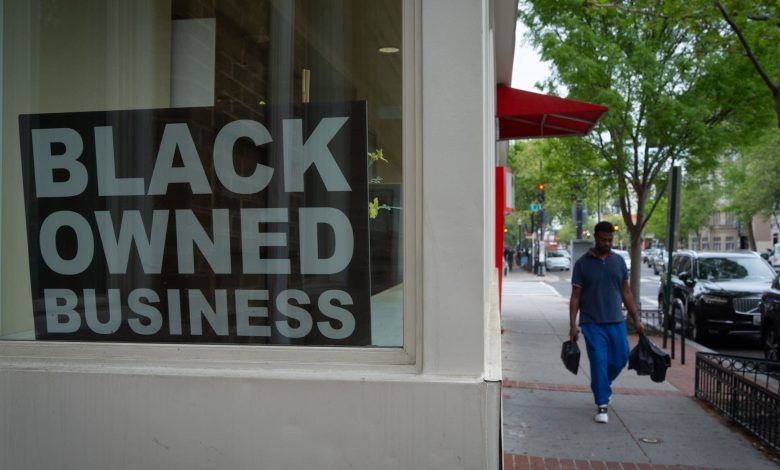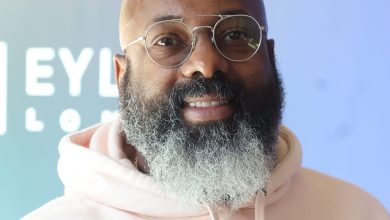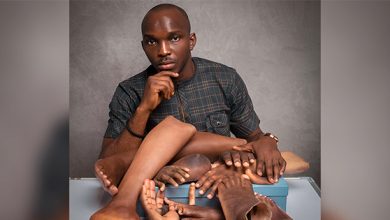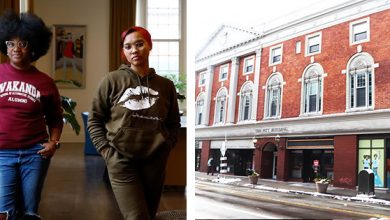Black-owned businesses weather yo-yoing support

Five years ago this month, George Floyd, a Black man, was murdered by a white police officer in Minneapolis. The murder, and the nationwide movement it inspired, led to a wave of support for Black-owned businesses, from consumers, banks, and big corporations.
But in the years since then, a lot of that support has faded away.
Around this time five years ago, Frankesha Watkins said foot traffic was booming at BPolished Beauty Supply, a store she runs in the Dallas area.
“I remember working so hard, I actually walked a hole in one of my shoes in the toe area,” Watkins said.
Watkins said the store was getting a lot of traffic from social media posts — people were tagging the company as part of a nationwide effort to support Black-owned businesses. Sales were so good, Watkins opened a second location.
“We were getting so many new customers,” Watkins said. “People who didn’t necessarily know that we were there. I honestly thought that that would stay, that support would stay with us, and it did not.”
Watkins said for her, the “Shop Black” movement lasted about five months or so. She ended up having to close one of her locations.
Watkins calls this the “yo-yo effect.”
“One month, you’re doing really good, and then the next month, people no longer support you,” Watkins said. “You cannot operate a business like that.”
Business owners have to be able to make reliable forecasts, to make purchases and hiring decisions based on the cash flow they expect.
That means the yo-yo effect has ramifications, said Sherard Duvall, who runs OTR Media Group, a company in Columbia, South Carolina, that films and produces documentaries and other video content.
“Late vendor payments, late contractor payments,” Duvall said. “Once in February, and once in March, we missed payroll.”
Duvall’s clients include private companies and local governments. He said a lot of them were eager to support Black-owned businesses for most of the last five years. His company grew. He hired more staff and got a new office downtown.
Then came this year.
“Clients that we have that were looking to partner with a minority-owned business, or were mandated to look for deals with minority-owned businesses, all stopped,” Duvall said.
Duvall said going forward, he’s going to be more cautious when someone comes along saying they want to partner with a Black-owned business.
“I think there’s a lot of businesses like mine that are going to tread lightly when we get those phone calls, or receive those emails, or see those opportunities, just to protect ourselves,” Duvall said.
Now that Target, Walmart, and other big companies are distancing themselves from DEI initiatives, there’s a new wave of support for Black-owned businesses, said Brandelyn Green, who advises businesses on how to market themselves on social media.
“People are saying, ‘I don’t want to shop at Target, but I will support you and your website,’” Green said. “‘I will support you as a Black-owned brand, because these other major corporations have turned their back on you.’”
Green said she’s advising her clients to do whatever they can to keep those customers: offer discounts in exchange for contact information. Push customers to sign up for email lists.
Green said she’s also advising business owners to market themselves as industry experts.
“When you consistently show up as the authority, or the expert in that space, people will trust you, even when there is no big viral issue going on,” Green said.
The goal, Green said, is to keep sales coming in when waxing support inevitably wanes.




